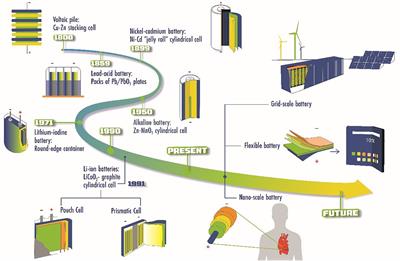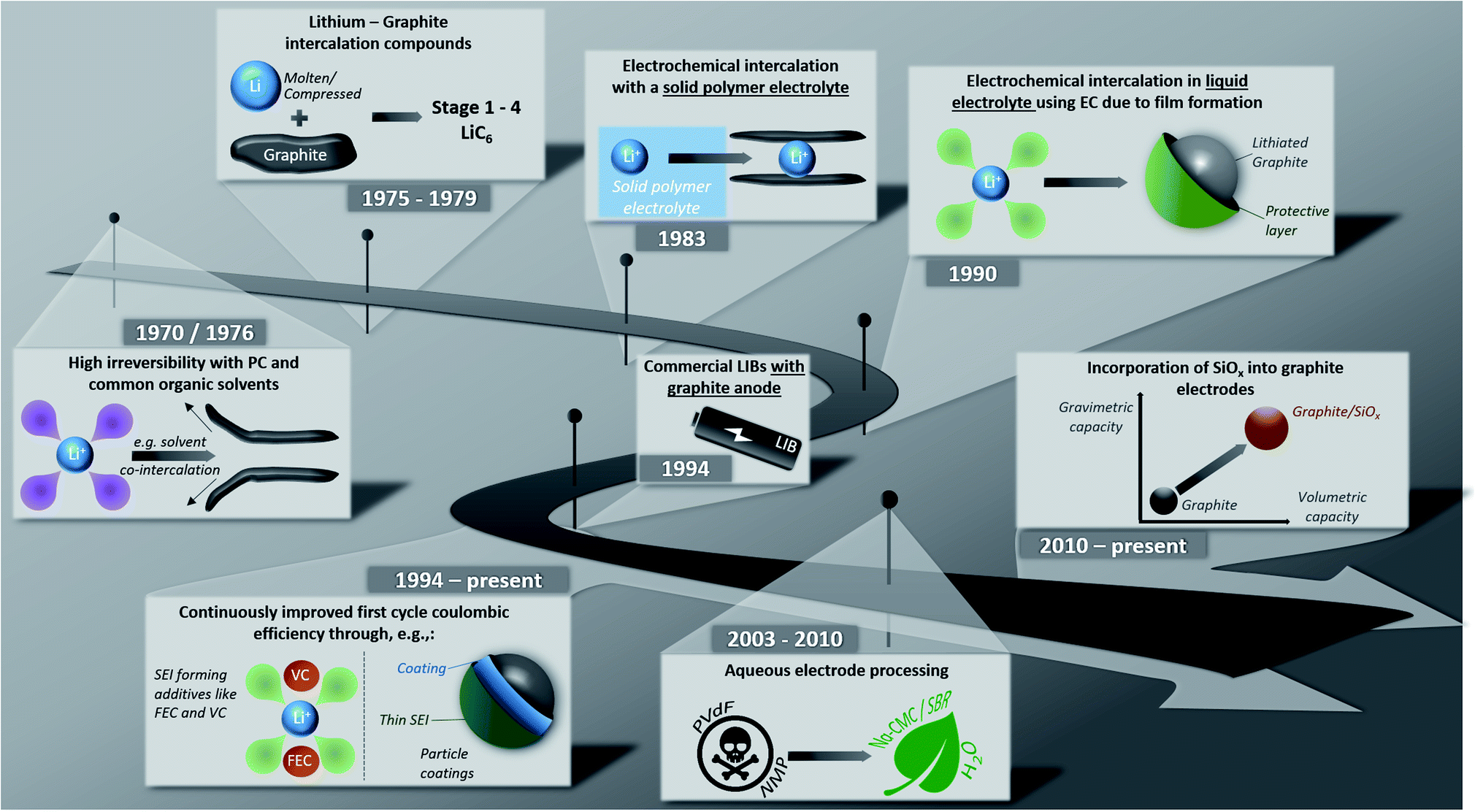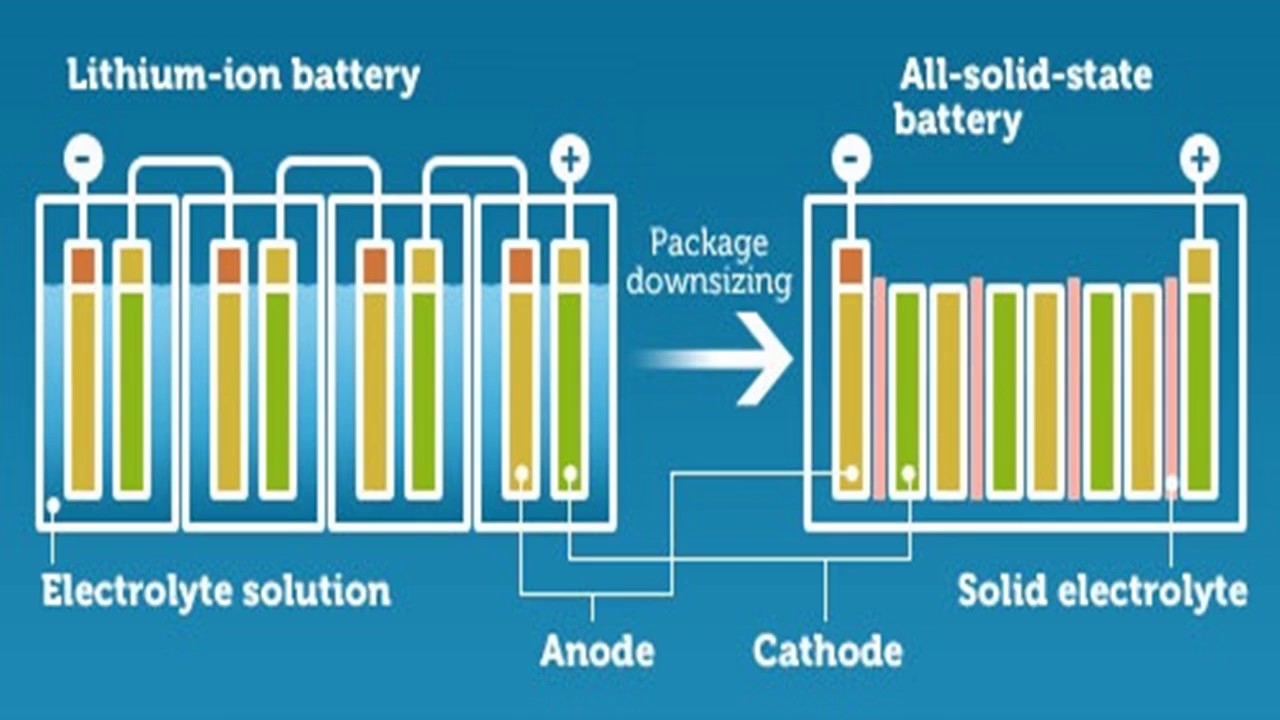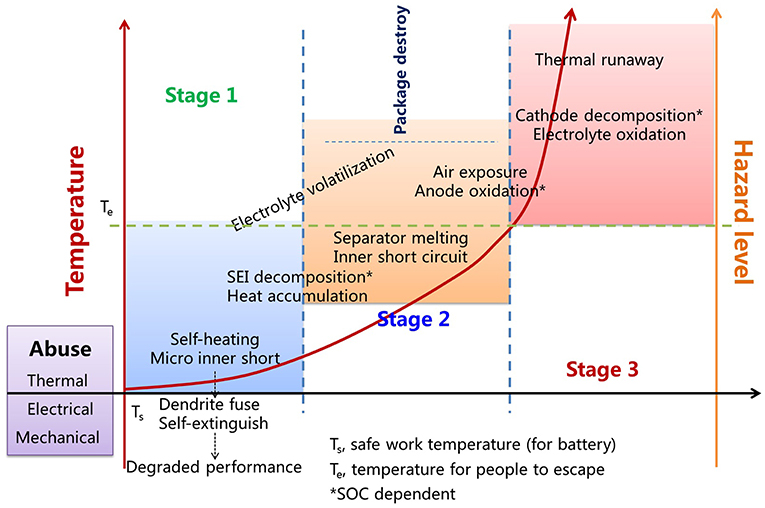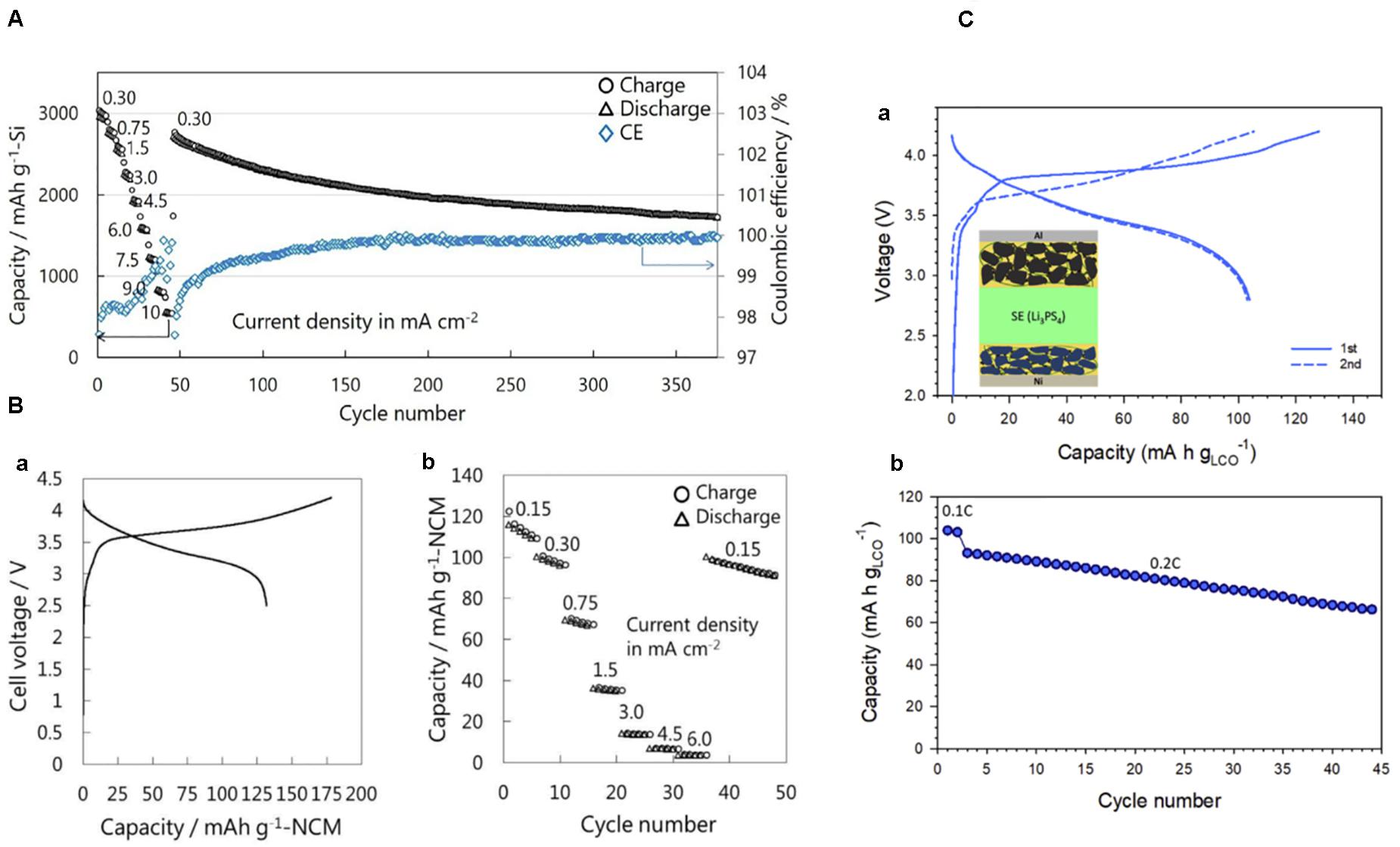In an age where technology plays an increasingly pivotal role in our daily lives, the quest for more efficient and longer-lasting batteries has become a top priority. Enter the concept of a forever battery – a revolutionary power source that could potentially eliminate the need for frequent recharging or replacement.
In this article, we will explore the world of forever battery development, including the prominent companies investing in research, breakthrough technologies, challenges faced by developers, and the potential applications and benefits in various industries.
So fasten your seatbelts as we embark on a journey into the future of energy storage!
Introduction to the Concept of a Forever Battery
The idea of a forever battery aims to provide an uninterrupted power supply that lasts significantly longer than existing batteries. It is a rechargeable energy storage device with an exceptionally long lifespan and high energy density.
Researchers are exploring alternative materials and designs to create batteries that can last for years or even decades without losing efficiency. These advancements could revolutionize our daily lives, eliminating the need for frequent recharging and reducing electronic waste.
Solid-state batteries, nanotechnology, and AI-driven battery management systems are some of the avenues being explored in this pursuit. As research progresses, we move closer to a world where our devices can operate without interruption for extended periods, bringing convenience, sustainability, and reliable energy sources within reach.
Prominent Companies Investing in Forever Battery Research and Development
Prominent companies like Tesla, Panasonic, Samsung, LG Chem, and BYD are heavily investing in forever battery research and development. Tesla’s Gigafactory focuses on producing lithium-ion batteries for electric vehicles while also developing advanced energy storage solutions.
Panasonic collaborates closely with Tesla to manufacture batteries for electric cars and improve their lifespan and energy density. Samsung, LG Chem, and BYD are also pushing the boundaries of battery technology through significant investments in research and development.
These companies believe in the transformative potential of forever batteries and aim to create breakthroughs in energy storage that can revolutionize various industries.
Breakthrough Technologies and Innovations in Forever Battery Development
The pursuit of forever batteries has led to groundbreaking advancements in battery technology. One notable innovation is the development of solid-state batteries, which employ solid electrolytes instead of liquid ones, offering improved safety and higher energy densities.
Startups like QuantumScape and Solid Power are leading the charge in revolutionizing energy storage with solid-state battery solutions.
Additionally, researchers are exploring alternative materials such as graphene and silicon anodes to enhance battery performance. Graphene’s exceptional electrical conductivity shows promise in boosting battery capabilities, while the use of silicon anodes instead of graphite could further increase energy density.
Advancements in nanotechnology have also contributed to the development of nanostructured electrodes, enabling higher energy storage within smaller volumes. Companies like Amprius are leveraging nanomaterials to design high-capacity batteries for a wide range of applications.
In summary, breakthrough technologies in forever battery development include solid-state batteries for improved safety and higher energy densities, the exploration of alternative materials like graphene and silicon anodes, and advancements in nanotechnology for increased energy storage capacity.
These innovations will shape the future of energy storage across various industries.
Challenges and Limitations Faced by Developers in Creating a Forever Battery
Developers face several challenges and limitations when working towards the creation of a forever battery. Balancing high energy density with long lifespan is a complex task, as increasing energy density can lead to accelerated degradation over time.
Scaling up production while maintaining affordability is another hurdle, as new battery technologies often require expensive materials and complex manufacturing processes initially. Safety concerns associated with certain battery chemistries need to be addressed, considering the highly reactive nature of some materials used.
Additionally, compatibility with existing devices and minimizing the environmental impact of battery production are important considerations for developers. Collaboration between researchers, manufacturers, and regulatory bodies can help overcome these challenges and pave the way for a revolutionary forever battery.
Potential Applications and Benefits of Forever Batteries in Various Industries
Forever batteries have the potential to revolutionize multiple industries, offering longer-lasting power sources that can transform the way we live and work. Electric vehicles (EVs) would greatly benefit from these batteries, allowing drivers to travel longer distances without recharging and making EVs a more sustainable transportation option.
In renewable energy storage, forever batteries can efficiently store excess energy generated by sources like solar or wind power, ensuring a consistent power supply even when natural resources are unavailable or fluctuating.
The consumer electronics sector could be revolutionized by forever batteries, with smartphones, laptops, and wearables lasting days or weeks without needing to be charged. This not only enhances convenience but also reduces electronic waste from frequent battery replacements.
Industries relying on battery-powered equipment such as healthcare, aerospace, and defense can benefit from the extended lifespan provided by forever batteries. Medical devices can operate reliably for longer periods without constant maintenance or replacement, while aerospace and defense operations can enjoy enhanced efficiency and safety.
While challenges remain in terms of performance and affordability, prominent companies continue to invest in research and development efforts to overcome these hurdles. Breakthrough technologies are emerging every day, bringing us closer to a future where charging woes are a thing of the past.
[lyte id=’UiIlQ7esVXk’]
